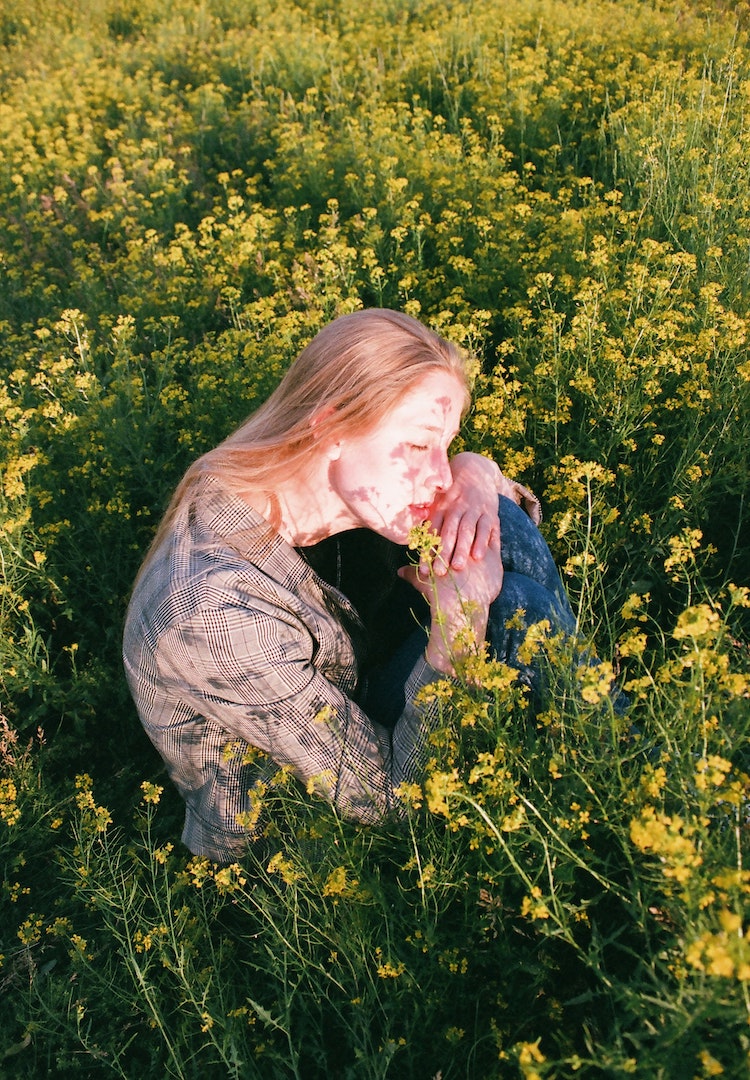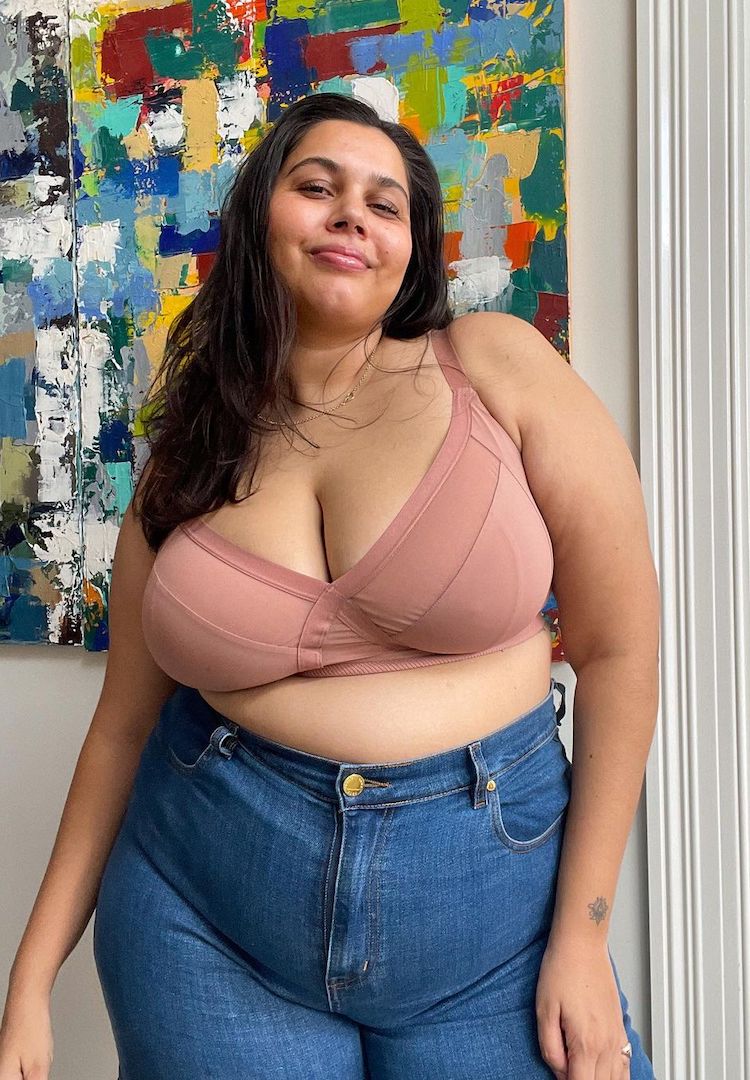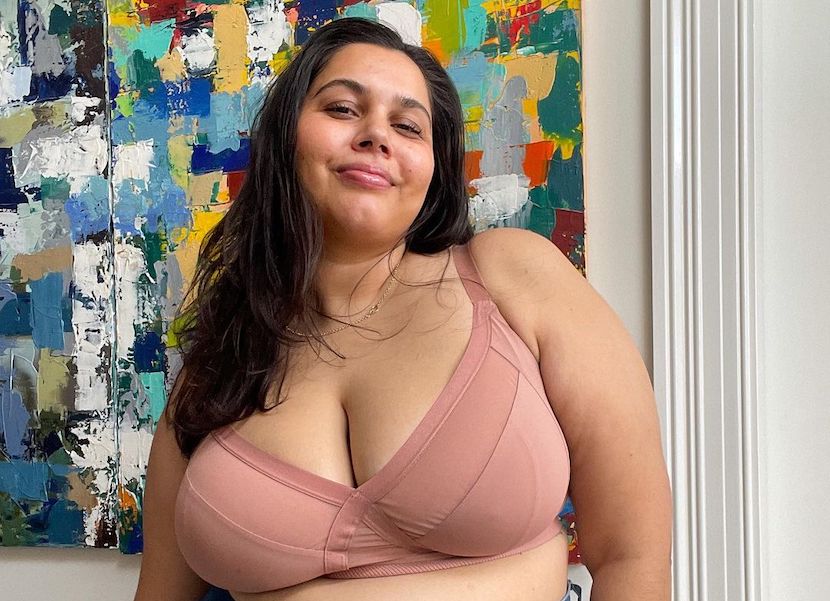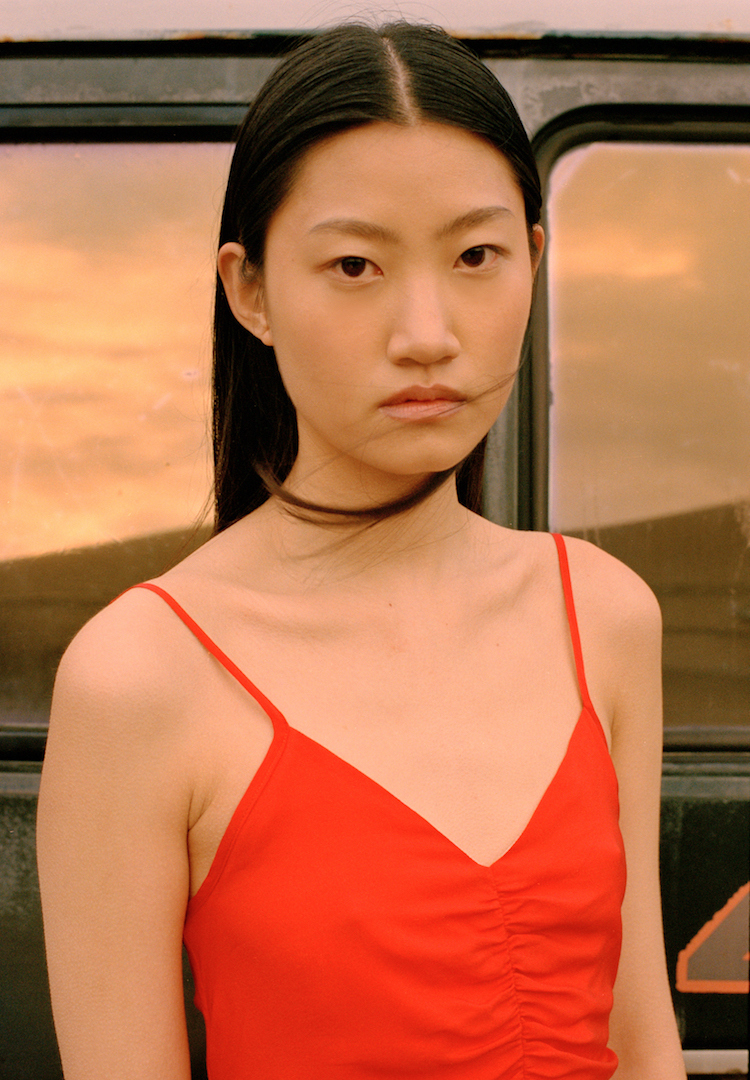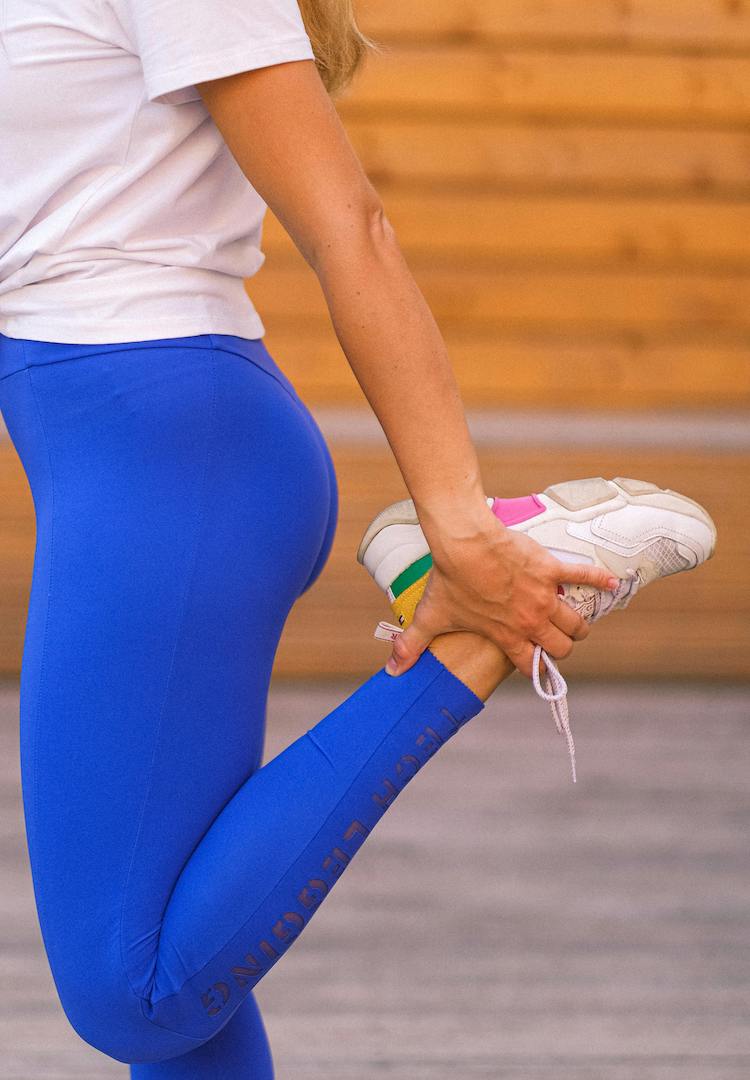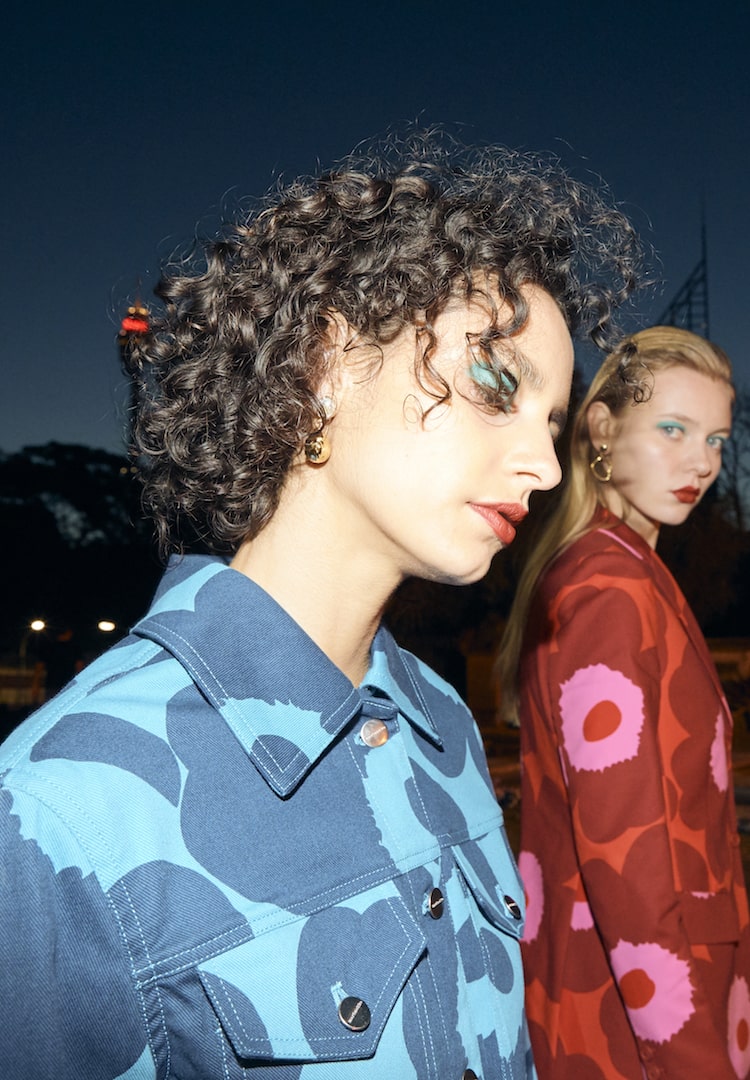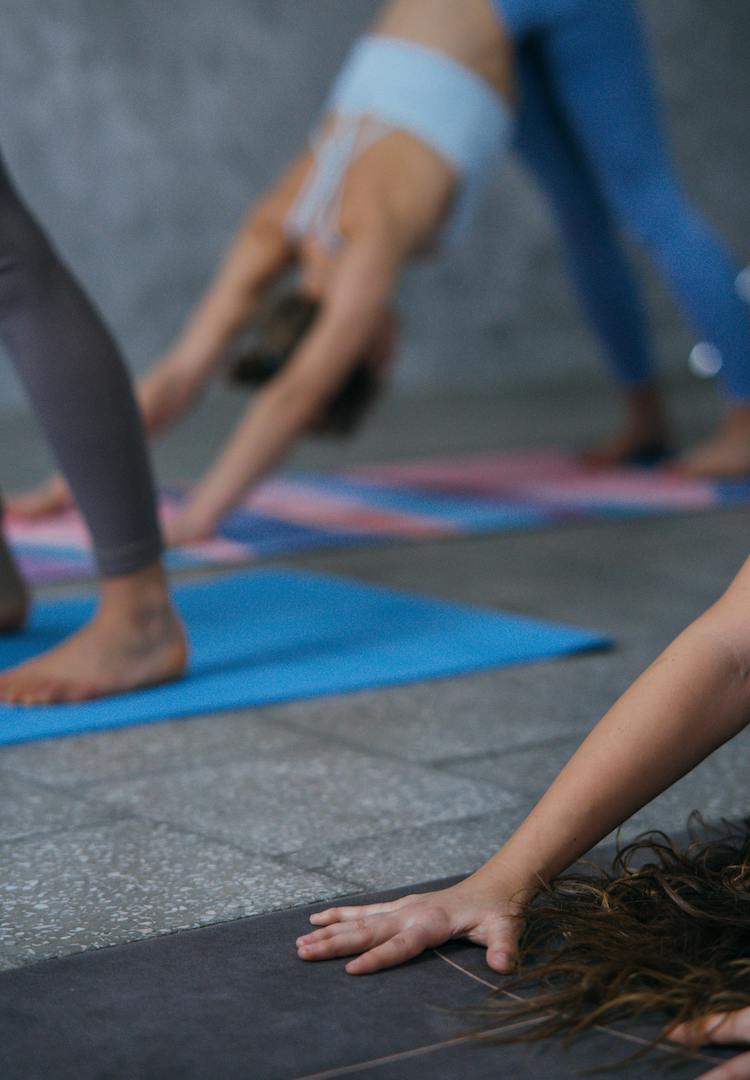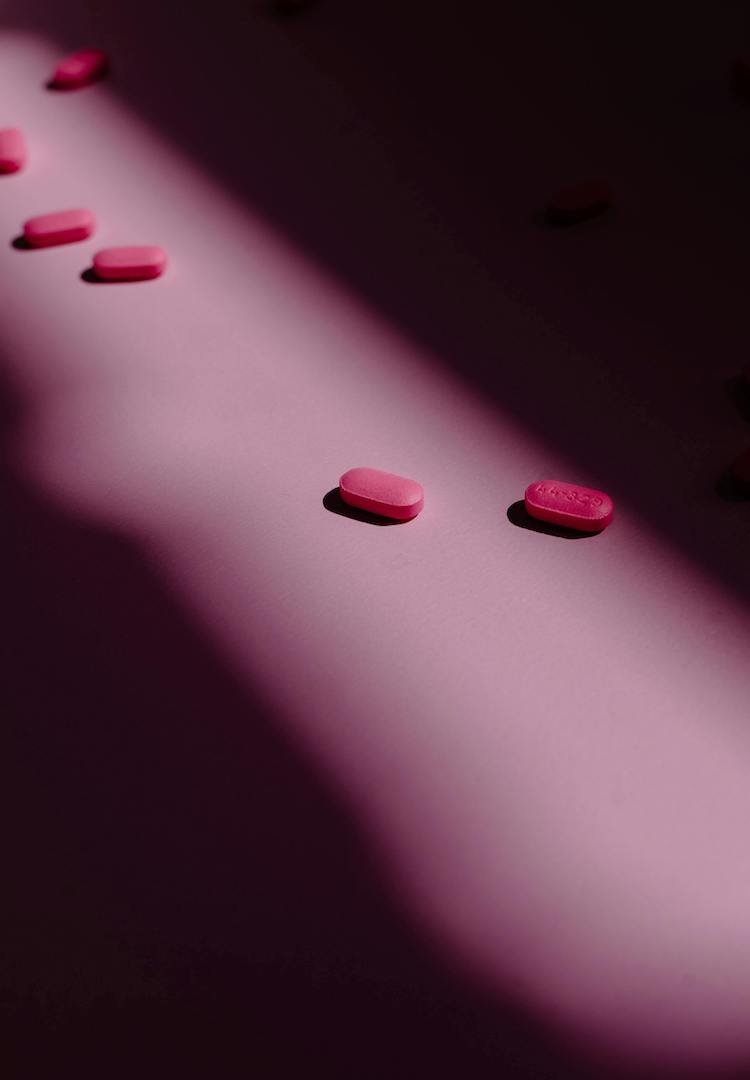After years of self-loathing, this is why I stopped trying to lose weight
WORDS BY SIENNA BARTON
“There’s something very liberating about saying ‘fuck it’ and accepting your body for what it is.”
There’s a scene in Girls where Adam asks Hannah why she’s covered in tattoos. She explains that she rapidly gained a lot of weight in her teen years and it left her feeling out of control. Her tattoos, mostly taken from children’s book illustrations, were a way for her to “take control of [her] shape”. Adam shrugs and says, “You’re not that fat anymore, you could just have them lasered off.”
Recently, I found myself having a similar conversation with someone I was sleeping with. It was our second night of ‘hanging out’ and he cooked dinner for us: salmon, salad, roasted mushrooms and brown rice. The invite had been last minute and earlier that day, in the throes of a hangover, I’d eaten a gigantic plate of nachos. I was full, but comforted knowing the dinner invite was probably a formality.
Looking for more thought-provoking reads? Try our Life section.
By the time we ate, I was a few proseccos in and my stomach began to gurgle. Was the combination of bubbly drinks, cheesy nachos – and now this plate of fish – a mistake? I ate three-quarters of my dinner before I gave the leftovers to my host. He remarked that I didn’t eat very much, later adding “So how did you put on the weight then, if you don’t eat a lot?”.
The thing is, and it’s a thing I’ve been hesitant to say but… I’m fat. I’m blessed in that I’m skinny fat and have what I’ve been told is a nice face, so I recognise that I’m very privileged. I exist on the fringes of what’s socially acceptable but conform just enough for my fatness not to seem too obvious. But it’s true – I am fat.
I wasn’t entirely surprised by this guy’s line of questioning. The night before he’d said that lots of men would be into me as a ‘BBW’ and that’s how I should market myself on ‘the apps,’ adding that they’d love to be dominated by a ‘bigger girl’. I explained that “I’m already so fetishised because of my race, why would I deliberately go out of my way to be fetishised over something else?”.
With an air of disbelief, he asked if men really fetishised my race. I couldn’t help but laugh at the naïveté of someone who’s clearly never been marginalised before, but that’s a different issue for a different time. I spent the rest of the evening feeling embarrassed about my body, wishing I could do something to apologise for it. I felt disconnected – worried he thought I looked disgusting from that angle, or worse, was he getting off because he thought I looked disgusting?
In the days after, I was silently resentful, dehumanised and uncontrollable in my fatness. I returned to his question: why did I gain the weight? I began my adult life as an Australian women’s size ten – conventionally thin but with DD boobs and an arse-to-waist ratio that felt bizarre in the post-Kate Moss space of my teen years. Most of my friends had White skin and bodies shaped like columns – both things I desperately longed to have.
From then until I was 21, I’d have meltdowns before I attended parties because I hated my body. Looking back, I know this is the skinniest I ever have been or ever will be because my teenage metabolism meant that I could eat and eat and my weight wouldn’t change. When my family describes my temperament at that age, they use words like ‘scatty’ and ‘hypervigilant’ – it turns out I have clinical anxiety and depression. Once I was medicated and my body stopped being in fight-or-flight mode, the weirdest thing happened – I started to put on weight.
I was a size 12 by the end of 2014. During a stint in New York, I lost count of how many nights we’d eaten burgers or slices of pizza as big as my head. When I returned, the clothes I’d worn beforehand still fit me but they were tighter than usual. I started thinking of certain foods as being either good or bad. ‘Good’ foods became a chore while ‘bad’ foods were irresistible in their naughtiness. I’d feel a deep sense of pleasure while eating a pint of ice cream but hated myself immediately after.
I became increasingly insecure about the way my body was perceived by men, and I asked the person I was dating to turn the lights off before he came to bed because I was embarrassed about my stomach. He laughed, “What stomach?”. When we broke up, I remember thinking ‘Maybe he would have liked me more if I was skinnier’. Strangely, food was the only thing that comforted me and I kept putting on weight. I subscribed to a food delivery service, thinking that if someone else controlled my food, then I’d lose weight and finally be happy.
The years I spent having my food controlled by others were incredibly challenging, however, the results were enough to keep me going. I joined the gym, I exercised – I was thriving! I lost the first few kilos easily, and for once, I felt in control of my body. But over time, I stopped losing weight and I plateaued. Even though I felt depressed and powerless, I persisted for two years before deciding to see a naturopath.
My naturopath said I’d need to give up grains, sugar and dairy in order to lose weight, so I did. She also suggested that I go off the pill and change antidepressants, believing weight gain to be an unwanted side effect. In the morning, I made green smoothies that tasted like dirt and dreamed they were bowls of porridge, at midday I longed for the one piece of fruit I was allowed, and all day, my head throbbed from sugar withdrawal. I lost all sense of optimism and the medication change threw me into a severe depressive episode. The worst part was, I didn’t lose any more weight. In search of answers, I went to an endocrinologist.
I first experienced fat-shaming during my second visit to the endocrinologist, even though I was a size 14 – well within the range of the average Australian woman. We’d spoken about how my mood was going (not great), how I was eating and what I was doing for exercise. When she left the room to retrieve blood-test results, I noticed her computer was angled toward me. Zoomed in, filling the entire screen, in block letters, it read ‘OBESITY?’.
I tried to remain calm but my face got hot, my tongue went numb and tears fell down the sides of my face. When she re-entered the room, she touched my shoulder and said, “I know it’s hard, but don’t you want a beautiful body like mine?”. I managed to stop crying during the walk from her suite to the elevator and then to the bathroom, but as soon as I locked the cubicle door, I let out a guttural sob. What more could I possibly do?
Oprah talks about ‘a-ha’ moments, and crying in that toilet cubicle was one for me. I had spent half of my twenties in pursuit of something that wasn’t achievable for me, and I’d lost all self-confidence in the process. I went back on the pill, upped my anti-depressants and let myself eat a piece of toast with butter. I could breathe again. It took over a year for my hormones to regulate themselves, and weekly visits to my psychologist and psychiatrist before my mood stabilised.
I’m 28 now, and after three years in a pandemic, I’m the biggest I’ve ever been. Depending on the brand, I’m a size 14 to 20 and yet, this is the most comfortable in my body I’ve ever been. There’s something very liberating about saying ‘fuck it’ and accepting your body for what it is. I scroll through my own Instagram page and it’s littered with selfies, particularly of my body in tight clothes or bathers. What started as a way for me to seek validation from others has become a place for me to document my body – not just how it’s changing (because change is inevitable) but to show that it exists.
I’m angry I spent so long hating the way I looked, and I’m afraid of returning to a headspace where comments from others determine my self-worth. I still cringe at my rippled thighs and, yes, maybe my tummy could be flatter and, God, I wish my naked boobs didn’t look like a pair of deflated balloons, but it’s the body I’ve got. Each selfie on my carefully curated grid is me reclaiming a body I rejected for most of my twenties. I’m taking control of my shape.
This article was originally published on June 29, 2022.
For more on body acceptance, try this.

